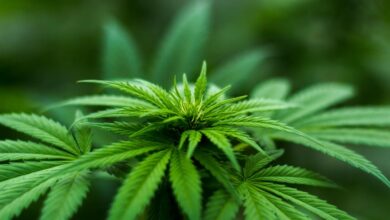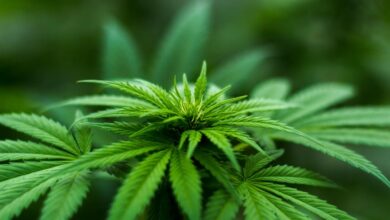
What’s the Difference in Cbd and Thc
Cannabidiol (CBD) and tetrahydrocannabinol (THC) are two of the most studied cannabinoids in cannabis. Their distinct properties lead to varied applications in wellness and recreational contexts. CBD offers therapeutic benefits without psychoactive effects, while THC is known for its euphoric sensations. Understanding these differences is crucial for consumers navigating their choices. However, the implications of their legal status and regulations may further complicate this landscape. What factors should one consider when evaluating their use?
Understanding CBD: Benefits and Uses
What are the primary benefits and uses of cannabidiol (CBD)?
CBD offers a range of potential benefits, including anxiety reduction, pain relief, and anti-inflammatory properties.
Its applications span wellness products, pharmaceuticals, and cosmetics.
By harnessing these CBD benefits, users may experience improved mental and physical health, fostering greater autonomy and well-being.
Such versatility positions CBD as a significant player in contemporary health solutions.
Understanding THC: Effects and Applications
Although often associated with recreational use, tetrahydrocannabinol (THC) has a range of effects and applications that extend beyond mere enjoyment.
Its psychoactive properties can induce euphoria, relaxation, and altered perception.
Furthermore, THC is recognized for its therapeutic uses, providing relief from chronic pain, nausea, and appetite loss, thereby highlighting its potential in medical settings and the broader landscape of cannabis therapy.
Key Differences Between CBD and THC
Cannabidiol (CBD) and tetrahydrocannabinol (THC) represent two of the most prominent cannabinoids found in the cannabis plant, each possessing distinct characteristics and effects.
CBD benefits include anti-inflammatory and anxiolytic properties without psychoactive effects, while THC effects primarily involve euphoria and altered perception.
Understanding these differences informs choices regarding therapeutic applications and personal preferences in cannabis consumption.
Legal Status and Regulations of CBD and THC
The legal status of CBD and THC varies significantly across jurisdictions, influenced by their differing psychoactive properties and public perceptions.
Legal implications arise from these variances, as users navigate complex regulatory challenges. While CBD is often viewed more favorably, THC remains restricted in many areas due to its psychoactive effects.
This disparity complicates access and cultivation, impacting individual freedoms in the cannabis market.
Conclusion
In conclusion, while CBD and THC are both integral cannabinoids with distinct characteristics, their varying effects and applications cater to different consumer needs. Notably, a survey revealed that approximately 64% of CBD users reported improvements in their overall well-being, highlighting the growing interest in non-psychoactive cannabis components for therapeutic use. Understanding these differences is crucial for informed decision-making in an increasingly complex cannabis landscape, where legal status and regulations continue to evolve.






